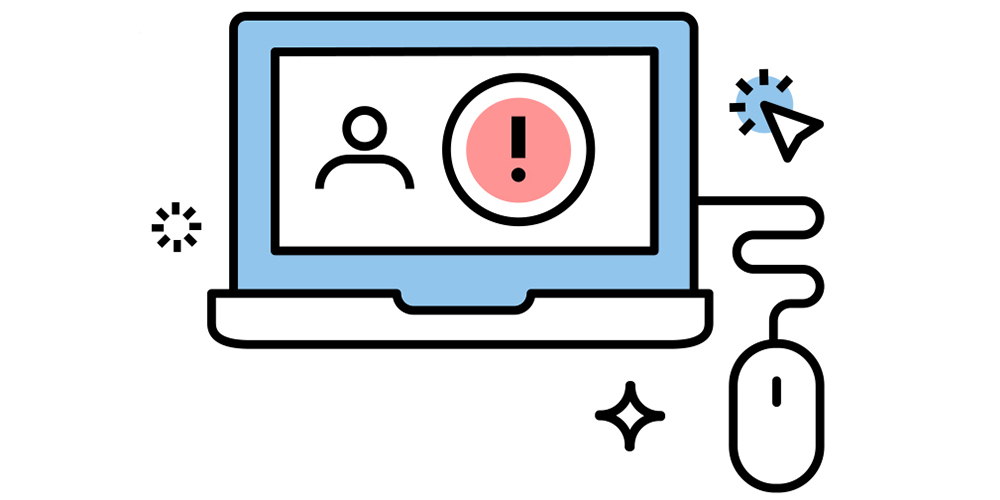 Dr. Carie S. Tucker King
Dr. Carie S. Tucker King
I recently studied how breast cancer patients interact in an online community.
Relationships among the patients are created within the group, through sharing details about families, jobs, medical histories, feelings about breast cancer, opinions about their health care providers and other information about their lives. I did not anticipate that my research would illuminate how this level of communication can create risks for the members of the group.
Patients expect privacy. Health care providers and facilities are required to follow federal law protecting health information of their patients.
But many online communities are public. The posts on the sites can be viewed by anyone who has internet access, and visitors do not need passwords to access the posts. As a result, when a patient shares medical information during a conversation in a public community, she has no way of knowing who is accessing that information.
Organizations can and do gather information shared online (called “data mining”) and use or sell the information that they access. For example, Google openly states in its privacy policy that it gathers information from Google users. Many online communities also state in their community guidelines that the information shared in their forums is available and unprotected. Even the U.S. government mines data, such as to document the occurrence of medical conditions, which can help researchers predict disease patterns and anticipate cures.
The solution to this issue is to empower patients and warn them to beware of the information that they share. Patients in online spaces should have usernames and email addresses that do not include identifying information, such as last names or birthdates. They should not disclose their locations, and they should minimize diagnostic information that they share in public communities.
Patients should also consider whether a community is public or private before they decide to post anything. Communities that require passwords for access to content may be “safer” for those who seek to commune with some semblance of privacy.
Medically focused communities can benefit patients by connecting them with others who share their diagnoses, allowing them to share challenges and concerns. However, patients should be careful to share wisely and be aware of potential breaches of privacy.

King is a clinical professor of communication and associate director of rhetoric. She is author of the recently published book The Rhetoric of Breast Cancer: Patient-to-Patient Discourse in an Online Community.